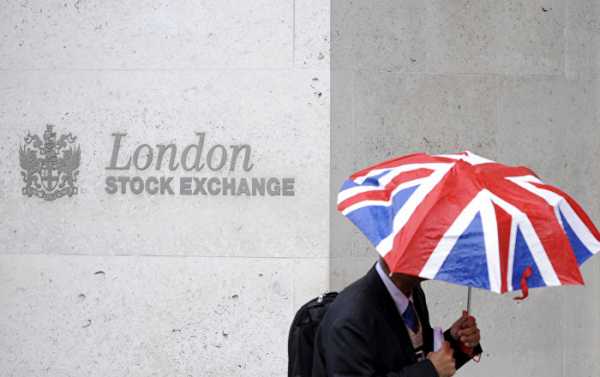
France has unveiled plans to ease regulations as much the EU allows to make Paris a more attractive destination for financiers amid competition from other European financial hubs for London’s managers, who fear for their prospects in Europe’s biggest financial center after the UK leaves the EU.
French Prime Minister Edouard Philippe has announced that France will introduce new changes to make the country’s capital a more attractive financial center by the end of the year. The Prime Minister, who presented measures to finance executives during an International Financial Forum held by Paris Europlace, started his speech with the English words “Paris is ready and France is back,” according to L’Usine Nouvelle.
“A financial center is built with patience, by being consistent. I want this consistency to be the trademark of our economic strategy and our attractiveness policy,” the head of the French government stated.
Among the proposals, there’s 30% lower taxation of the so-called carried interest (capital income) for asset managers planning to relocate to Paris. The French authorities also plan to settle goodwill amid European efforts to harmonize corporate taxation.
The newly revealed proposals fall in line with the novelties, the French President has already introduced. Slammed in France as “the president of the rich,” Emmanuel Macron plans to lower corporate tax to 25% and abolish a wealth tax on financial assets. Additionally, France has imposed a flat 30% tax on carried interest and scrapped the top tax bracket.
Although the French official didn’t mention the B-word as the reason for the financial reform itch, the recent moves are thought to help Paris get some advantage in its rivalry with other European financial hubs, such as Frankfurt, Dublin and Luxembourg, over finance jobs expected to flee London after Brexit amid new uncertainty.
According to Reuters, which cited Paris Europlace, Bank of America Merrill Lynch, JPMorgan, Citigroup, Morgan Stanley, Goldman Sachs, Standard Chartered and Wells Fargo have already made “announcements in favor of Paris.”
In late 2017 the EU’s chief Brexit negotiator Michel Barnier caused consternation in the British business community when he announced that UK financial organizations would lose their “passporting rights” to operate within the bloc once the UK leaves in 2019.
The earlier analysis by Cambridge Econometrics, the first time such an analysis has been undertaken, also warned that as a result of “hard Brexit,” London alone could shed as many as 87,000 jobs and see its economic output fall 2 percentage points below what one could hope for under a softer scenario.
Even a softer scenario where Britain remains in the EU’s single market, but leaves the customs union once the transition period is over, could result in 176,000 lay-offs and a loss of £20 billion ($26.9 billion) in investments. The service sector, financial and professional services would be worst affected, shedding nearly 120,000 jobs, with 92,000 fewer in science and technology and 43,000 fewer in construction.
Sourse: sputniknews.com






